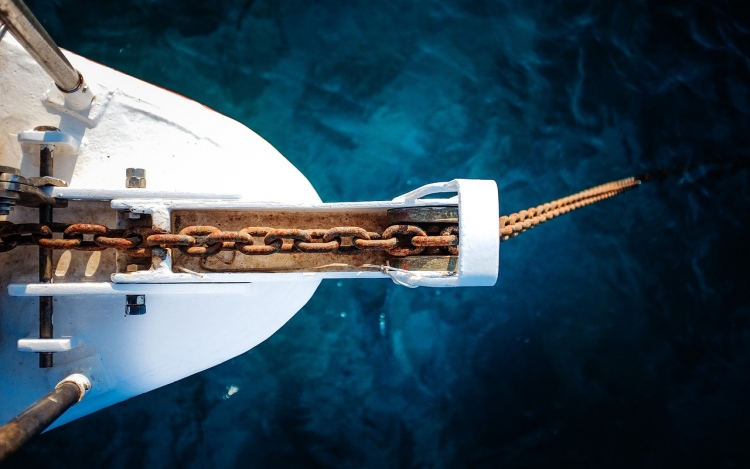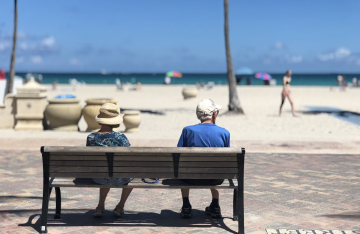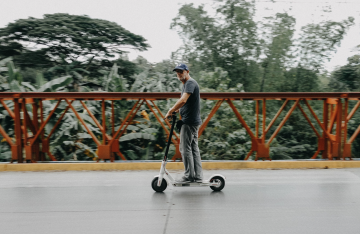First things first, what is a bareboat charter? Simply put, it is a charter where you rent a water vessel- be it a catamaran, motorboat, sailboat, yacht etc- then captain it yourself. You are also solely responsible for what happens to the boat or crew.
Aside from having the requisite sailing profile for the boat of your choosing, a VHF radio operator certificate and boat operator license is also mandatory and both should have the legal backing of the authorized institute in your home country. Croatian authorities also have their own list of accepted foreign licenses so be sure to find out from official government channels whether your country makes the cut.
On a bareboat charter, the sailing itinerary is also entirely up to you as long as you return the vessel by the agreed deadline. If you don’t know your way around the Adriatic, you can ask for a helping hand from your charter company who will help with sailing route suggestions that tickle your fancy.
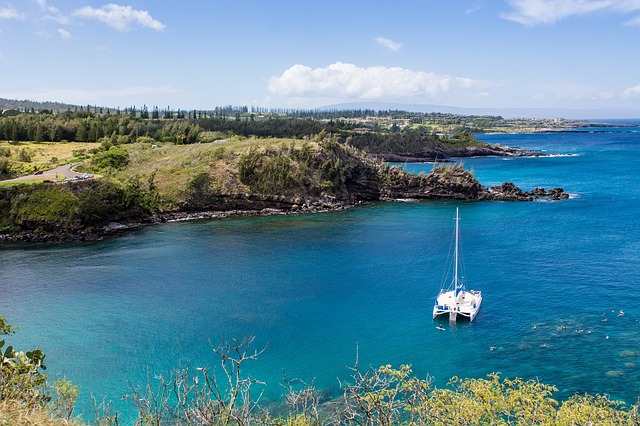
The cost of a bareboat yacht charter
A number of factors influence the price but there are two main aspects that play a pivotal role namely:
- Boat age
- Boat size
You can expect the newer or larger boats to cost more than the smaller or older models.
Other expenses
Apart from the fees paid to your charter company- e.g. tourist tax, transit log and boat rental charges-there also other accompanying expenses you need to consider when coming up with a weekly bareboating budget. These include:
- Mooring fees ranging between 20 and 110 € depending on the vessel’s size, the place, time of season and mooring type (could be a marina, a restaurant’s mooring, an anchor, buoy or port/harbor).
- Fuel expenses of about 150 to 200 € for an average daily motoring duration of about three to four hours.
- You’ll also have to set aside 30 to 40 € for food and drinks in terms of groceries for onboard meals or eating out at nearby island restaurants.
Costs of various parking options
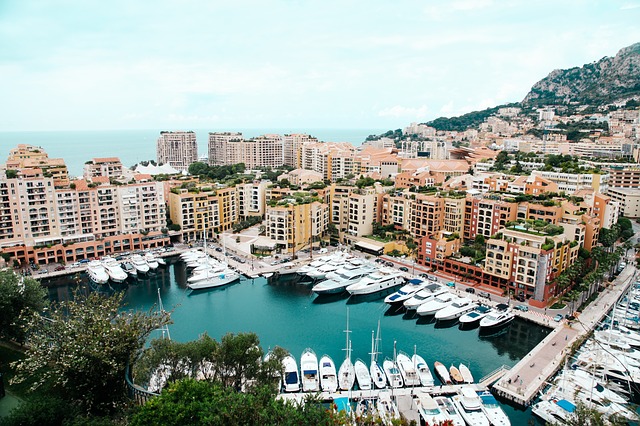
- Marina: they are the costliest of the lot but they also afford excellent security as well as the added utility benefits of having laundry services, shower and toilet facilities and shops and restaurants.
- Ports: usually cheaper than the former and the price you’ll have to pay will also be determined by the size of your boat and auxiliary services. Those with toilet and shower facilities are naturally more expensive than ports affording basic water and electricity supply.
- Buoy: This option is cheaper than the preceding ones but it comes without the benefits of water and electricity supply. Also, to get ashore, you’ll have to use a dinghy.
- Anchoring: But for a few areas in Hvar and Vis, this type of parking is usually free almost everywhere around the Dalmatian coast.
- Restaurant’s mooring: Some restaurants offer mooring services free of charge but with the catch that you must eat there. Others will not require you to do so, but you’ll need to pay for the mooring facilities.
Often you’ll find just one of these options in any particular area so your mooring expenses will hinge upon the places you visit.
And that’s the entirety of the most important things you need to know about Croatia’s bareboat charters in a nutshell.

